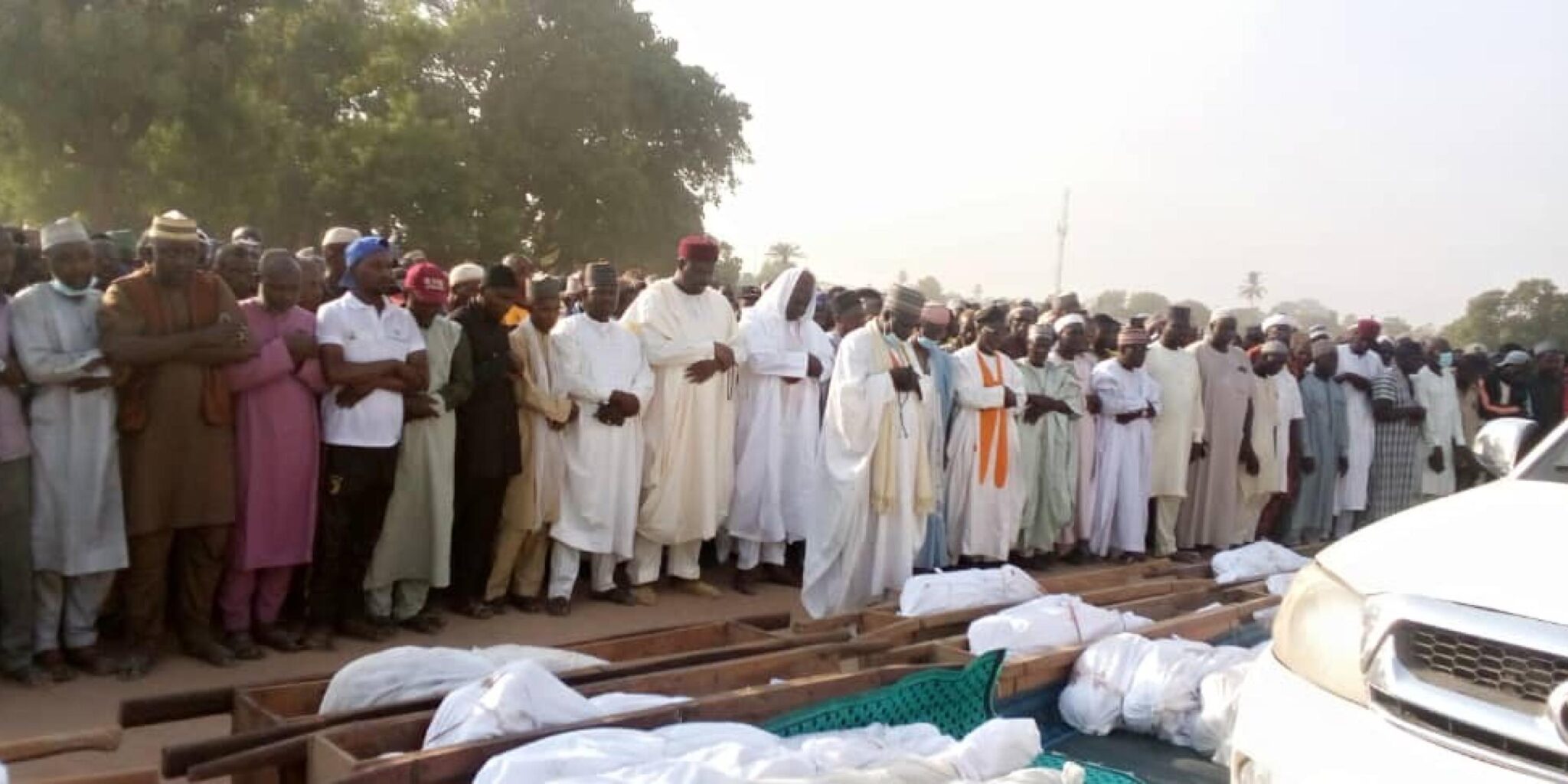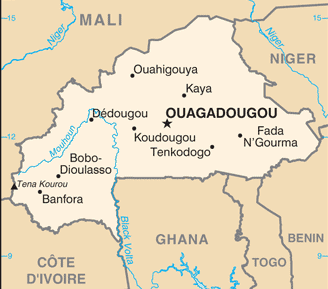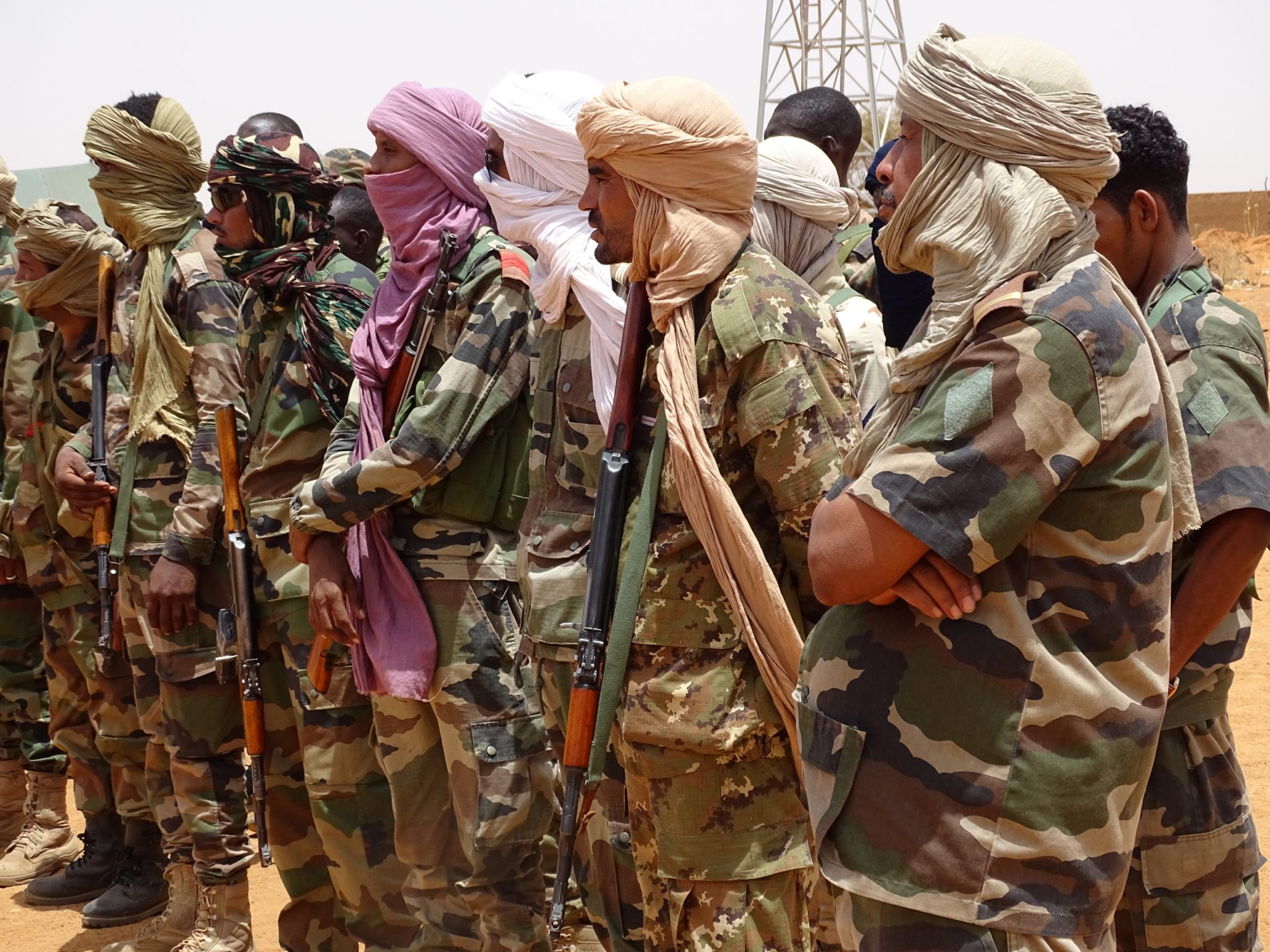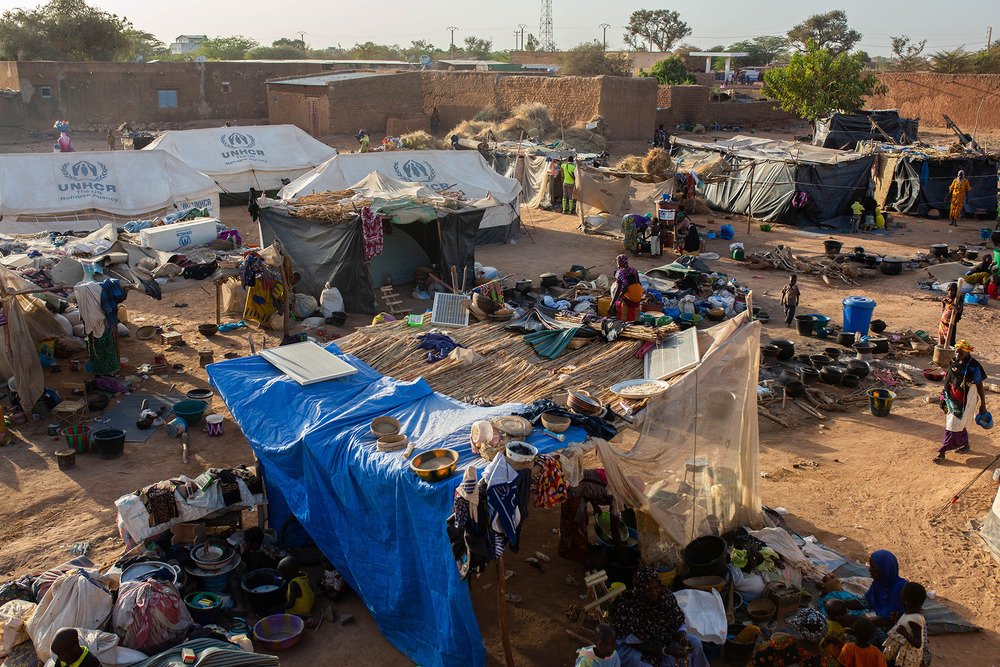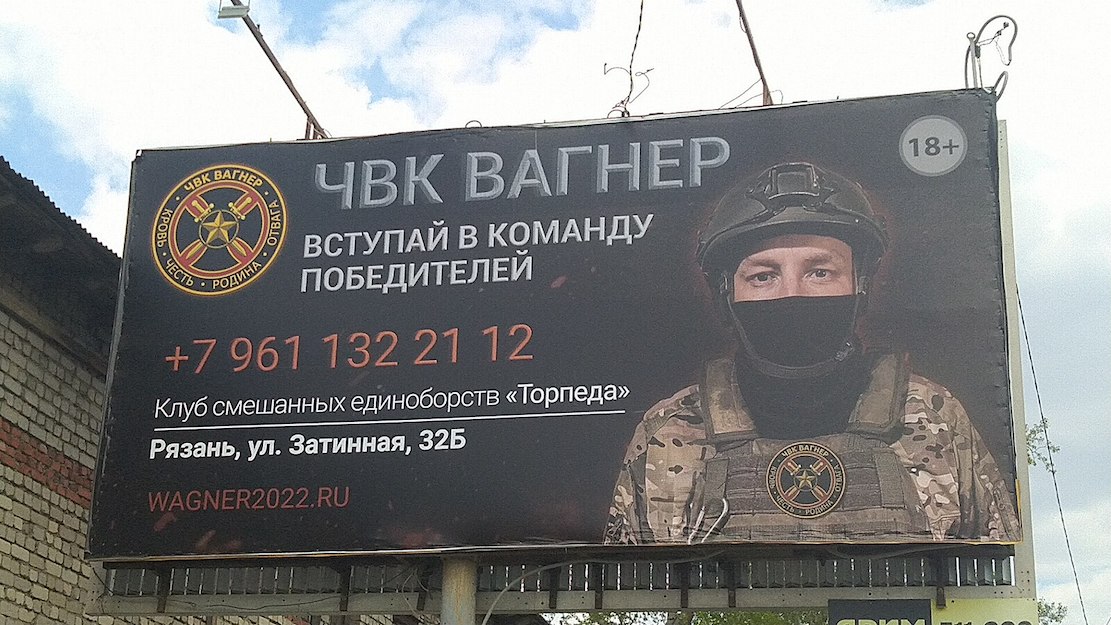
Wagner Group named in Mali massacre, arms traffic
In the wake of a damning UN report linking Russian mercenaries to a Malian massacre, the US State Department said that Russia’s Wagner Group paramilitary force may be using Mali as a secret arms depot to bolster Russian forces in Ukraine. The UN Office of the High Commissioner for Human Rights report finds “strong indications” that Malian soldiers and “foreign military personnel” carried out a massacre at the village of Moura in March 2022, marked by torture, sexual violence, and the killing of more than 500 people—most of them by summary execution. The State Department additionally sees “indications that Wagner has been attempting to purchase military systems from foreign suppliers, and route these weapons through Mali as a third party.” (Photo via Wikipedia)




